Most of us grew up in a culture that venerates the figure of the hero. Whether it was Batman, Wonder Woman or Spiderman who inspired you to wear a cape around your neck and chase imaginary bad guys around the house in the name of justice, at one point or another we all looked up to an imaginary being that represented the values we wanted to uphold in our lives.
Hero-worshipping rarely stops at the imaginary level, and most kids grow up with a similar vision of their parents. Moms and dads are the first heroes a child learns to look up to: they care for us and protect us, they are big, strong, and to a child, there is nothing a mom and a dad cannot do.
Father’s Day is fast approaching and we are reminded to look back again to that person we once considered a hero. But the world itself tends to forget about fathers as well. Though fathers are such central figures in most people’s life, rarely do they occupy that role in books addressed to young adults. Certainly, the purpose of those novels is to enable the teenager to emotionally and psychologically develop on his or her own, but in real life, a father – whether in presence or absence – has an undeniably substantial weight in the way we reach that development and the shape it takes. In Young Adult Lit, however, parents tend to only fall within three categories: fallen hero, absentee enabler, or manipulative villain.
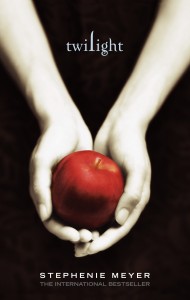 Since the smashing success of Twilight, dads of the absentee enabler category have become the reigning father trope in Young Adult Lit. Charlie Swan cookie-cutouts are plastered into almost every YA Paranormal Romance out there. The recurrent use of this type of father indicates just how intrinsic they have become to the progression of the plots and it’s not hard to see why. An inattentive, negligent father is essential for a tale about a teen encountering the potentially dangerous and forbidden supernatural the rest of the world is oblivious about, a situation they usually get intimately involved with and ends up threatening their young lives. If Bella had had a truly attentive father, her relationship with Edward would never have come to be because Charlie did express a dislike for Edward and his relationship with his daughter, but his presence was sporadic enough in the novel that ultimately it didn’t have anything above a temporary effect on their relationship.
Since the smashing success of Twilight, dads of the absentee enabler category have become the reigning father trope in Young Adult Lit. Charlie Swan cookie-cutouts are plastered into almost every YA Paranormal Romance out there. The recurrent use of this type of father indicates just how intrinsic they have become to the progression of the plots and it’s not hard to see why. An inattentive, negligent father is essential for a tale about a teen encountering the potentially dangerous and forbidden supernatural the rest of the world is oblivious about, a situation they usually get intimately involved with and ends up threatening their young lives. If Bella had had a truly attentive father, her relationship with Edward would never have come to be because Charlie did express a dislike for Edward and his relationship with his daughter, but his presence was sporadic enough in the novel that ultimately it didn’t have anything above a temporary effect on their relationship.
The absentee enabler dads are usually nothing but plot devices in the great majority of YA paranormal romance novels, from Charlie to Claire’s dad in The Morganville Vampire series, or Calla’s in the Nightshade trilogy (seriously guys, the list goes on and on). When they are present, they are a minor opposition for the protagonist’s ambitions for the sake of drama, and when they are absent – which accounts for the larger part of their literary existences – their desertion enables the protagonist to go and explore the forbidden that would’ve been better left alone, whether it is vampires, werewolves or really unhealthy relationships.
Certainly, there are other types of absentee enablers, particularly the ones who attribute their absence to their child’s need to understand that supernatural or the forbidden on their own: Clara’s father in the Unearthly series, Sophie’s father in the Hex Hall series, and even Percy’s father in the beloved Percy Jackson and The Olympians series. And, of course, there are those that ignore their children because of loftier pursuits, from science to politics or general academia, such as Chloe’s father in the successful The Darkest Powers trilogy or Habel’s Dearly Departed. When it comes to the great majority of fathers in YA, either they’re never there or when they are, they really aren’t.
That is not to say that there aren’t good fathers in Young Adult Lit. Denying that title to dads like Arthur Weasley from Harry Potter (ironically not the protagonist’s dad) would be unfair, and there are many others of that type, like Lola’s two dads in Lola and the Boy Next Door – which is also a great representation of same-sex parents – or even Otto Frank in the world-renowned true life account of Anne Frank’s years in hiding, The Diary of a Young Girl. In these books and many others, teens and young adults experience caring, healthy relationships with their dads.
It is worth mentioning that in many examples of good father-teen relationships in YA, there is also a startling contrast between that relationship and the one that the same teen has with his or her mother. Even in Anne’s case, her relationship with her father thrived and was so highly valued because her relationship with her mother was so strained; she felt her father understood her when her mother didn’t.
Sadly, there are also a lot of great father-teen relationships that fall apart because of one devastating event, like Gemma’s case in Bray’s Gemma Doyle trilogy or Saba’s in Blood Red Road, in which communicative, caring and playful fathers lose their spark and retire into hard shells of isolation only to leave their children to struggle alone with the sorrow of losing some integral part of their families. In the great majority of these cases, the most the father ever manages to become is a shadowy resemblance of the great father he once was.
There are also a number of great parental figures in YA, seemingly more than actual great fathers, including several within the pages of Harry Potter and even Karou’s own adoptive demon father in Daughter of Smoke and Bone. They are those that take the father’s place when he is unable to step up to the role, whether it is because they are negligent or dead. This type of father, usually the mentor or guide, has become a kind of trope in the genre in much the same way the absentee father has, but certainly for more positive reasons.
Of course, there are worst things in YA than an absentee father, which is where the manipulative villain comes in. The manipulative villain is a rather big category in YA. These are the parents who shamelessly manipulate their children as a means to an end, the ones who use psychological and emotional torture as a tool. Like Sloane’s father in Courtney Summers’ 2012 zombie apocalypse novel This Is Not A Test, this type of father sees no limit in his quest to discipline his children and makes use of physical and psychological abuse to ensure they turn out the people he wants them to be.
There’s also Jasper’s dad in I Hunt Killers, Billy Dent, who is a maniacal and brilliant serial killer and rapist who trained his son to become like him. Even behind bars and fully aware his son has chosen to not follow in his steps, Billy continues to threaten and manipulate his son in the hopes of turning him into the best serial killer the world has ever seen, becoming Jasper’s most prominent and formidable antagonist.
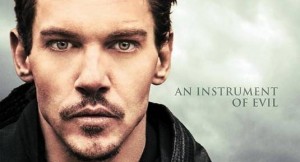 But the reigning king of manipulative evil fathers can be found in The Mortal Instruments series. Valentine, the series’ main antagonist, also happens to be the most prominent and talked-about father figure in the series. He lies, cheats, threatens, abuses, tortures and shamelessly manipulates his children throughout the entire original trilogy.
But the reigning king of manipulative evil fathers can be found in The Mortal Instruments series. Valentine, the series’ main antagonist, also happens to be the most prominent and talked-about father figure in the series. He lies, cheats, threatens, abuses, tortures and shamelessly manipulates his children throughout the entire original trilogy.
This type of father usually has one of two effects on the protagonists: fight or flight. Characters with fathers like this tend to run away from them first chance they get or decide to end their father’s life. Though it usually serves the purpose of adding layers to the characters and to the plot and conflict, the use of this father trope throws a shadow over the representation of fathers throughout the genre.
It would seem that, in order to be a truly great father in YA worthy of being the symbol of heroism and a person to admire and imitate, fathers need to die. Harvey Dent’s line to Bruce Wayne in the film The Dark Knight seems to perfectly encompass the two different sides of the spectrum in YA fathers: “You either die a hero, or you live long enough to see yourself become a villain.”
From James Potter to Katniss’s father in The Hunger Games, readers are constantly introduced to these truly worthy men who fell doing what was right, the best kind of father who is always dearly missed, fondly remembered and utterly inspiring. When it comes to YA, this is the indisputable Ultimate Great Dad category.
Too bad an early death comes with the title.
How great these fathers were can apparently only cause an impact on both their children and the reader if they’re dead. Katniss’s father and James Potter are not the only ones. Other highly successful franchises, like If I Stay or Strange Angels, also have loving, intelligent and truly fantastic dads meeting an early grave not far into the novels. These parents become symbols and idols, the type their kids can idealize despite their flaws and aspire to imitate.
But even great dads can have their deaths downgraded from symbols to mere plot devices. As it is the case in YA mystery and thriller novels like McNeil’s Possess or Blake’s Anna Dressed in Blood, the father’s death turns into the bridge that brings the protagonist into the center of the unfurling plot. The protagonist’s mourning of his or her father is then used as a tool to place him or her right in the action, as if it wasn’t discouraging enough to think the majority of truly good YA dads end up becoming part of the fallen hero parade.
There are many types of fathers in the real world: great ones, mediocre ones and even bad ones. It’s not like there’s no variety in the representation of fathers in YA or that there’s a massive lack of really great ones, but the types are neatly defined categories and the representations aren’t always the most favorable. Not all fathers stay heroes in their children’s eyes, but YA should acknowledge fatherhood is a complex universe in itself and that parenting doesn’t come in a neatly defined and predetermined quantity of flavors. There’s more to fathers than the fallen hero, the absentee enabler or the manipulative villain, and they have a more central role in their teenaged children’s life than just inconvenient obstacles or occasional, highly limited motivators as they’re mostly displayed in the most popular YA franchises.
This Father’s Day, maybe thinking about dads shouldn’t be limited to ourselves, but maybe real, human dads can finally find a welcoming place in Young Adult literature.
Lorraine Alcevedo Franqui writes for Girls in Capes from Puerto Rico and holds degrees in English Literature and Psychology. Her main interests are young adult lit, anything related to The Legend of Zelda and Kingdom Hearts, assorted shounen mangas and cats. This is her first article for GIC.


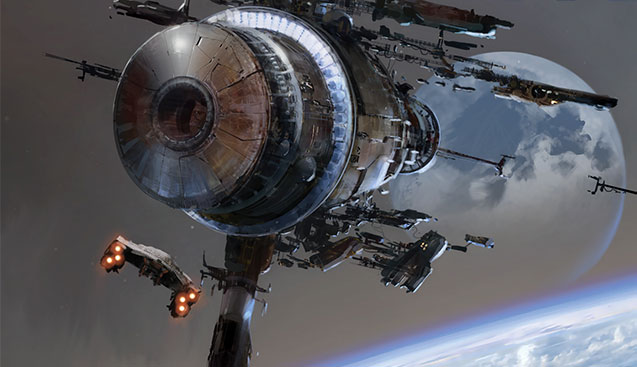
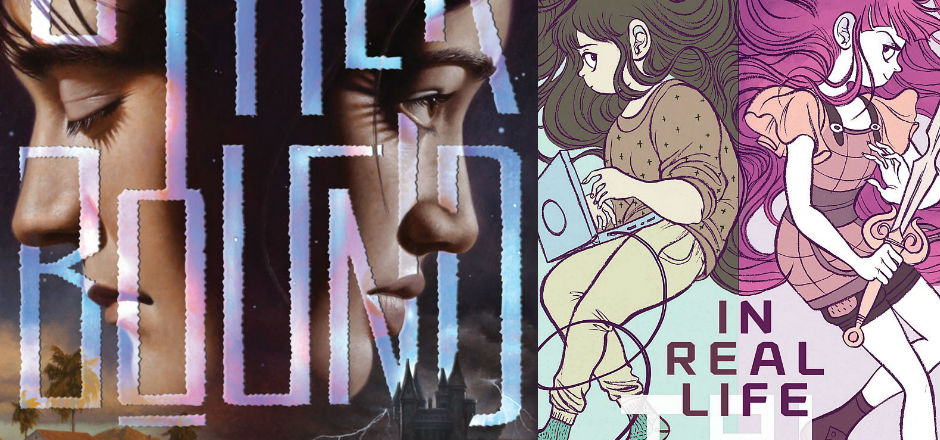
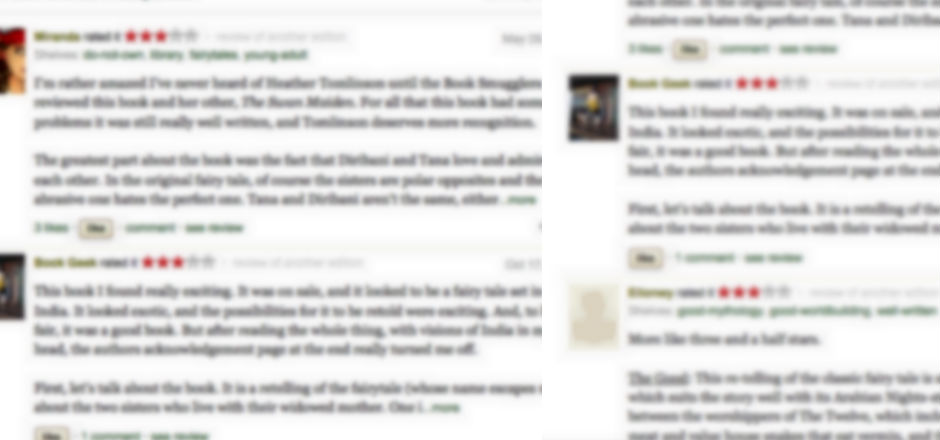
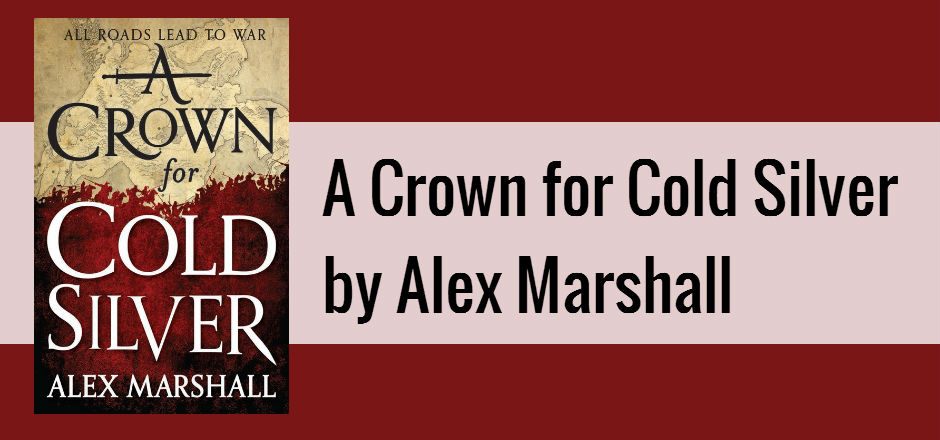

I’d never thought of how fathers in YA were categorized, but it’s definitely true! To be honest, I’ve seen more absent/enabling fathers than any other type.
Absent/enabling fathers are unfortunately frequent in YA. Even in my own favorite series, I can think of plenty of absent/enabler dads: Jeb from the Maximum Ride series, Poseidon in Percy Jackson, both Day and June’s fathers in Legend, even Cate’s father in Born Wicked.